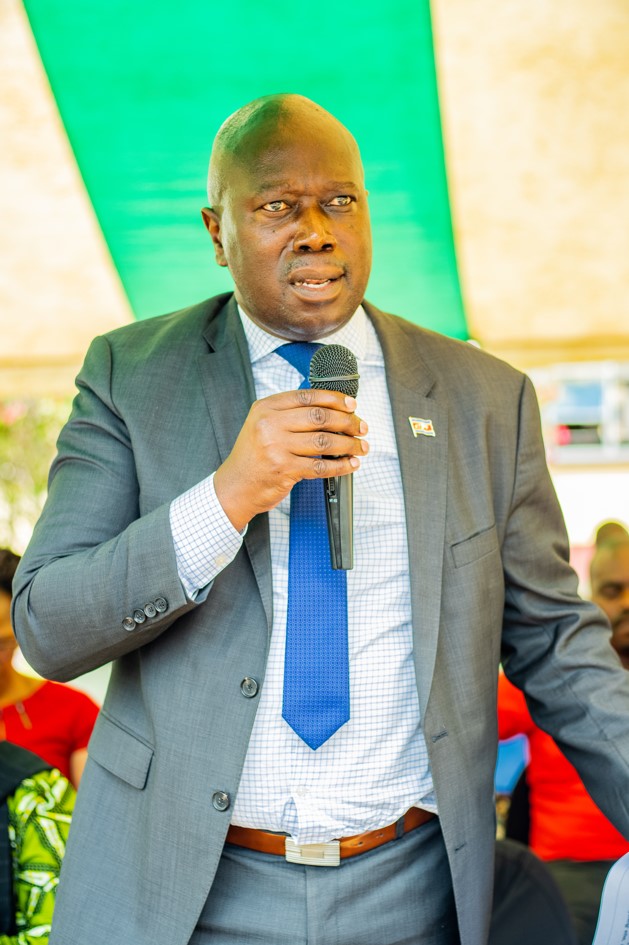
By Bahle Gama
Principal Secretary (PS) in the Deputy Prime Minister’s office Melusi Masuku says it is very crucial to recognize that individuals with disabilities are disproportionately affected by the disaster but not adequately included in response mechanisms.
Masuku was speaking during the International Day for Disaster Risk Reduction hosted by the National Disaster Management Agency (NDMA) at St Joseph’s School last Friday. Every year on October 13, the world unites to commemorate the International Day for Disaster Reduction.
This year’s theme was “Fighting inequality for a resilient future” aligned with the Sendai Framework, the international agreement to prevent and reduce losses in lives, livelihoods, economies, and basic infrastructure.

The PS said this exclusion perpetuates inequality and hinders the achievement of a resilient future.
“To address this issue, it is imperative that strategies for disaster risk reduction prioritize the inclusion of people with disabilities,” Masuku said.
Masuku said that by ensuring their active participation and involvement, equality can be promoted, marginalized communities can be empowered, and further strengthen the country’s collective resilience in the face of disasters.
The PS also lamented that it is imperative to work together to strengthen disaster risk reduction efforts, to bridge the gap between the privileged and the marginalized, and to build a future where no one is left behind in Eswatini.
ALSO READ: WWF, YERF sign MoU
According to the NDMA, the commemoration of this day not only celebrates the efforts of individuals and communities worldwide who are actively working to reduce their vulnerability to disasters but also serves as a platform to raise awareness about the critical need to rein in the risks faced.
Federation of the Disabled People in Swaziland (FODSWA) representative Mhlonishwa Mabatho said it was high time that efforts are made to incorporate the needs and perspectives of people with disabilities in disaster preparedness, response, and recovery plans.
This includes accessible communication channels, inclusive evacuation procedures, and tailored support systems that consider the unique challenges faced by individuals with disabilities. “By recognizing and addressing the intersectionality of disasters and inequality, we can work towards a future where everyone, regardless of their abilities, is included and empowered in disaster risk reduction efforts,” he said.
Mabatho said this inclusive approach will not only foster resilience but also promote a more equitable and just society. On another note, St Joseph’s Primary School Principal Wilfred Cindzi stated that disasters have a way of amplifying existing inequalities, exacerbating poverty, and perpetuating cycles of vulnerability.
“It is the marginalized, the impoverished, those living with disabilities, and the voiceless who suffer the most when disaster strikes.” The 2023 commemoration took place after the Midterm Review of the Sendai Framework for Disaster Risk Reduction 2015 -2030, where the UN General Assembly in May 2023 adopted a political declaration to accelerate action to strengthen disaster resilience.
The Assembly said investing in disaster risk reduction is not only a matter of safeguarding communities and infrastructure, but it is also an investment in social justice and equality.
“By empowering the marginalized and uplifting the disadvantaged, we create a society that is stronger, more cohesive, and more resilient.”


